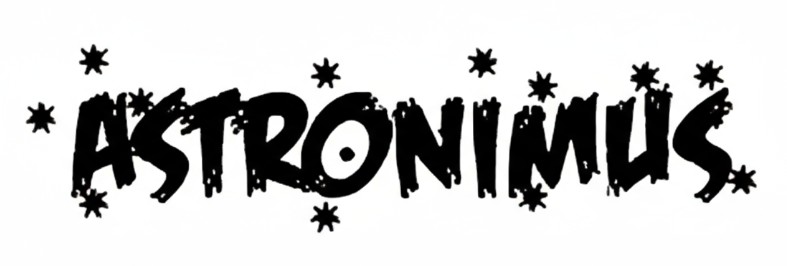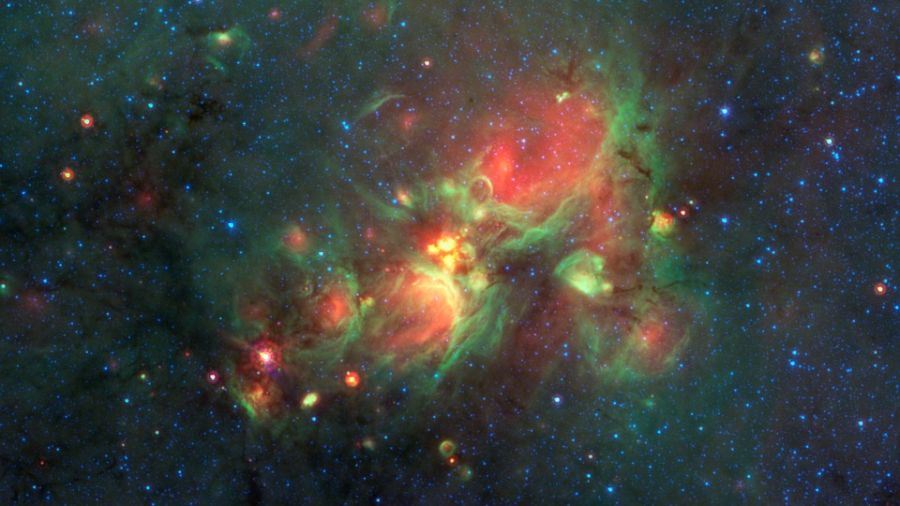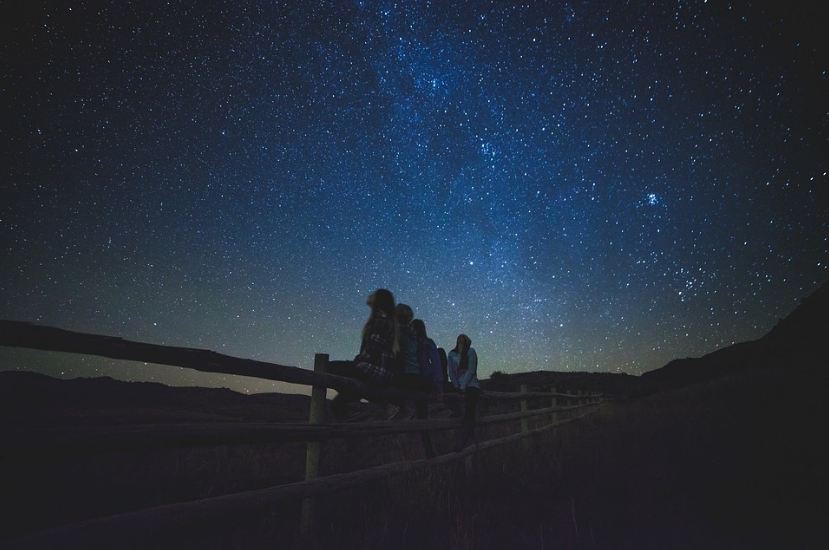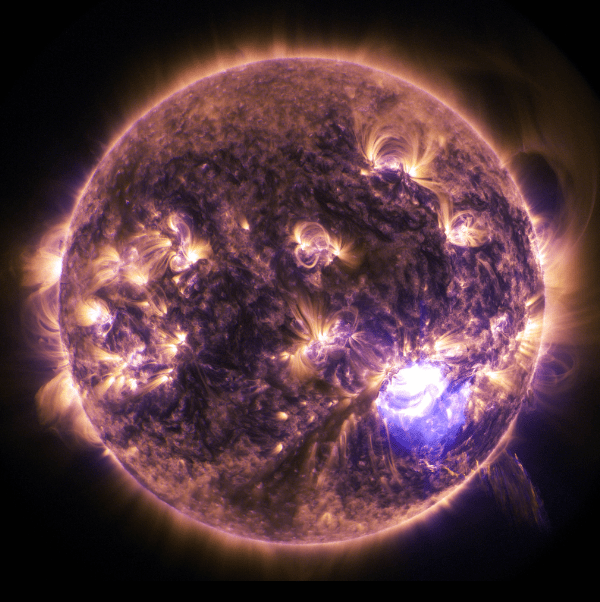DFW Planetarium Showcases and Star Parties
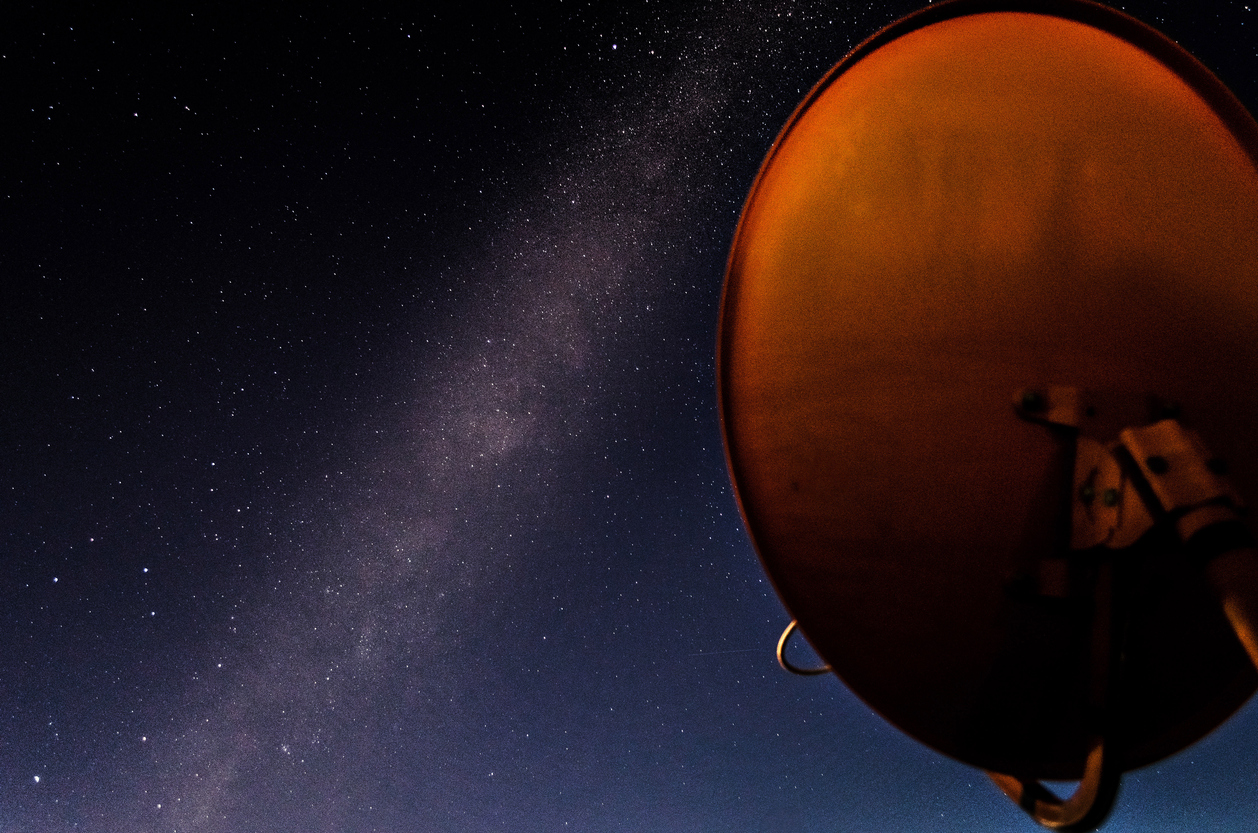
When you step into one of DFW’s planetariums, you're not just looking at stars—you're experiencing the universe. From Fort Worth's Noble Planetarium to UNT’s Sky Theater in Denton, these cosmic theaters combine cutting-edge technology with expert narration to transport you beyond Earth. You'll find curriculum-aligned programs for students, seasonal shows highlighting different celestial phenomena, and community star parties where telescopes reveal Jupiter's moons or Saturn's rings. The galaxy awaits just minutes from home, and it's more accessible than you might think.
The Noble Planetarium Experience: Fort Worth's Galactic Gateway
Nestled within the Fort Worth Museum of Science and History complex, the Noble Planetarium has served as the region's premier astronomical gateway since 1955. You'll find this astronomical treasure in Fort Worth's Cultural District at 1600 Gendy Street, where it operates within the museum's notable architecture designed by Legorreta + Legorreta. When you visit, arrive 15–20 minutes early for immersive shows under the 40-foot dome where seating is first-come, first-served; shows are free with museum admission. The planetarium's mission-driven educational initiatives honor Charlie Mary Noble, a dedicated astronomy educator whose legacy continues through interactive programming. Visitors can enjoy a rotating slate of fulldome shows that explore space science—check the current schedule before you go. The theater delivers engrossing sky shows and astronomy programs that fulfill the museum's commitment to hands-on science education for visitors of all ages.UTA Planetarium: Arlington's Immersive Cosmic Theater
The University of Texas at Arlington houses another astronomical gem for DFW stargazers. Inside the Chemistry & Physics Building, you'll find one of Texas’ largest planetarium domes measuring 60 feet in diameter. The upgraded Digistar 7 system with six laser projectors delivers breathtaking 360-degree visuals that transform your cosmic experience. As a student-focused educational resource, the planetarium offers curriculum-aligned presentations conducted by knowledgeable presenters who customize content for various audiences. Shows typically run about an hour, featuring realistic night sky tours and solar system explorations. The multimedia enhancements include surround sound and access to real-time datasets used for astronomy education. New and family-friendly shows—such as “Beyond the Sun” and “Atlas of a Changing Earth”—frequently appear on the lineup. You can book field trips seven days a week or attend public shows at affordable prices—a unique alternative to conventional theaters.
University of North Texas Sky Theater: Denton's Window to the Universe
Situated in Room 150 of the Environmental Sciences Building at UNT's Denton campus, the Sky Theater Planetarium offers visitors a spectacular cosmic journey under its 40-foot dome. The theater’s Digistar system with 5.1 surround sound creates immersive experiences, allowing you to virtually travel from planets to galaxies. You’ll find Saturday shows on the calendar, often offered in afternoon and evening slots, with titles exploring cosmic wonders and extraterrestrial possibilities. Advance tickets can be purchased online, or at the box office that opens shortly before showtime. The facility fosters educational partnerships with schools and community groups through private bookings and specialized programs. Regular Star Parties at the Rafes Urban Astronomy Center complement the digital experience with actual telescope viewing. These multidisciplinary learning opportunities connect astronomy with other sciences, making the Sky Theater a distinctive educational resource in North Texas for cosmic exploration.
Family-Friendly Space Adventures Across DFW
View this post on Instagram
While UNT’s Sky Theater offers a sophisticated astronomical experience, families throughout DFW can explore the cosmos together at several venues designed with multi-generational appeal. Fort Worth’s Omni Theater hosts Live from the Omni: Family, a concert series pairing 8K space visuals with live music; the midday show typically begins at 12:30 p.m., with concessions available in the Omni lobby. The Noble Planetarium welcomes all ages with shows that are included with museum admission, featuring interactive journeys through the solar system, while UTA Planetarium adds state-of-the-art Digistar visuals to its 45–60 minute programs. For Friday night entertainment, East Texas A&M University (Commerce) Planetarium offers weekly 7:00 and 8:00 p.m. shows perfect for families. Most venues feature wheelchair accessibility, digital full-dome projection, and live commentary from presenters, creating educational yet entertaining cosmic adventures you'll want to experience repeatedly.
Educational Astronomy Programs and TEKS-Aligned Field Trips
Across the Dallas–Fort Worth metroplex, planetariums have developed sophisticated educational programs that align with Texas Essential Knowledge and Skills (TEKS) standards, making field trips both academically enriching and enthralling for students. Your class will experience immersive hour-long shows featuring live presentations, digital visualizations, and interactive Q&A sessions tailored to your specific grade level and curriculum integration needs. Grade-specific content addresses fundamental concepts like lunar phases for younger students and advanced astrophysics for high schoolers. Hands-on learning may include simulations, planetary system exploration, and gravitational effect demonstrations. Options include the Mobile Noble Planetarium outreach and other portable planetarium programs that apply S.T.E.M. principles while remaining aligned with standards; flexible scheduling is available for schools that need on-campus visits.
Night Sky Observation Events and Telescope Sessions
View this post on Instagram
Four distinct star party experiences await astronomy enthusiasts throughout the Dallas–Fort Worth metroplex, where regular public observation events transform local parks into celestial exploration hubs. You'll encounter everything from monthly Frisco Starfest gatherings to seasonal meteor-shower viewings at ideal dark-sky locations. Most events are free or low-cost, running from sunset for about three hours. You'll benefit from portable telescope demonstrations ranging from small refractors to large Dobsonian reflectors, with experts guiding your celestial journey. Local astronomical societies provide constellation tours and planet viewing opportunities, while occasional astrophotography workshops teach you to capture these magnificent sights. Consider exploring options to attend larger regional events like the Okie-Tex Star Party held each September in neighboring Oklahoma. Events peak during spring through fall when weather conditions favor clear night viewing. Venture to regional parks where reduced light pollution reveals breathtaking deep-sky objects invisible from city centers.
Navigating Planetarium Visit Logistics and Best Practices
Planning your visit to a DFW planetarium demands as much attention as choosing which celestial objects to observe during star parties. Book your visit well in advance, especially for school groups, and arrive early since late entry isn't permitted. Most facilities offer accessibility accommodations like hearing loop systems, with staff training protocols ensuring everyone's needs are addressed. You'll be treated to an immersive 360-degree experience that showcases the wonders of the cosmos in stunning detail. Before your visit:
- Prepare questions and discuss basic astronomy concepts to maximize engagement
- Check facility capacity requirements and plan for parking and restroom breaks
- Review safety guidelines and health protocols in advance
Remember that planetariums maintain strict schedules and cleanliness standards between shows. Consider complementing your dome experience with museum exhibits or science activities to create an extensive astronomical adventure.
Seasonal Celestial Shows and Special Programming
DFW planetariums transform with the seasons, offering spectacular shows that highlight different celestial events throughout the year. At the Fort Worth Museum of Science and History, you'll experience live programs at the Noble Planetarium that explore our solar system in the 40-foot dome. For interactive experiences, visit UNT’s Sky Theater, where staff-led segments like “Sky Tonight” teach you to identify what’s visible that evening. Don’t miss special screenings during phenomena like lunar eclipses, or UTA Planetarium’s new features powered by Digistar 7, which pair dramatic visuals with current space-science content. These unique programs blend space science with arts and culture, creating immersive experiences beyond traditional astronomy shows.
Behind the Technology: How Modern Planetariums Create Cosmic Magic
Behind the visually stunning cosmic journeys you experience in DFW planetariums lies a sophisticated array of cutting-edge technologies working in concert. Modern facilities have replaced traditional optical systems with digital projection that offers flexibility and immersion. You'll notice the difference in high-resolution dome systems that deliver vibrant colors and exceptional clarity. These systems have evolved tremendously since the first modern planetarium was unveiled in Germany in 1923. These high-definition projection experiences create magic through:
- Advanced laser projectors that render realistic visuals with remarkable detail
- Real-time software connecting to astronomical databases for accurate simulations
- Seamless edge-blending that creates uniform imagery across the entire dome
You're not just watching the cosmos—you're experiencing it through digital planetarium systems that blend art and astronomy into unforgettable educational journeys.
Community Astronomy Gatherings and Expert-Led Stargazing
Curiosity about the cosmos comes alive at DFW’s community star parties, where astronomy enthusiasts of all ages gather under the night sky. The Fort Worth Astronomical Society hosts monthly events at Tandy Hills Natural Area, where members set up mobile stargazing equipment for public viewing. You'll interact directly with astronomers who guide your observations of planets and constellations. Remember to avoid bright lights to preserve night vision—only red flashlights allowed! Events typically begin before dusk, perfect for twilight observations. The FWAS maintains an active local presence through regular outreach and collaboration with regional partners. Can't attend in person? Many organizations now offer virtual astronomy tutorials as alternatives. Whether at UNT’s ticketed events or community gatherings, all star parties enforce safety protocols and child supervision requirements. Most events align with the First Quarter Moon for ideal viewing and are weather-dependent.
